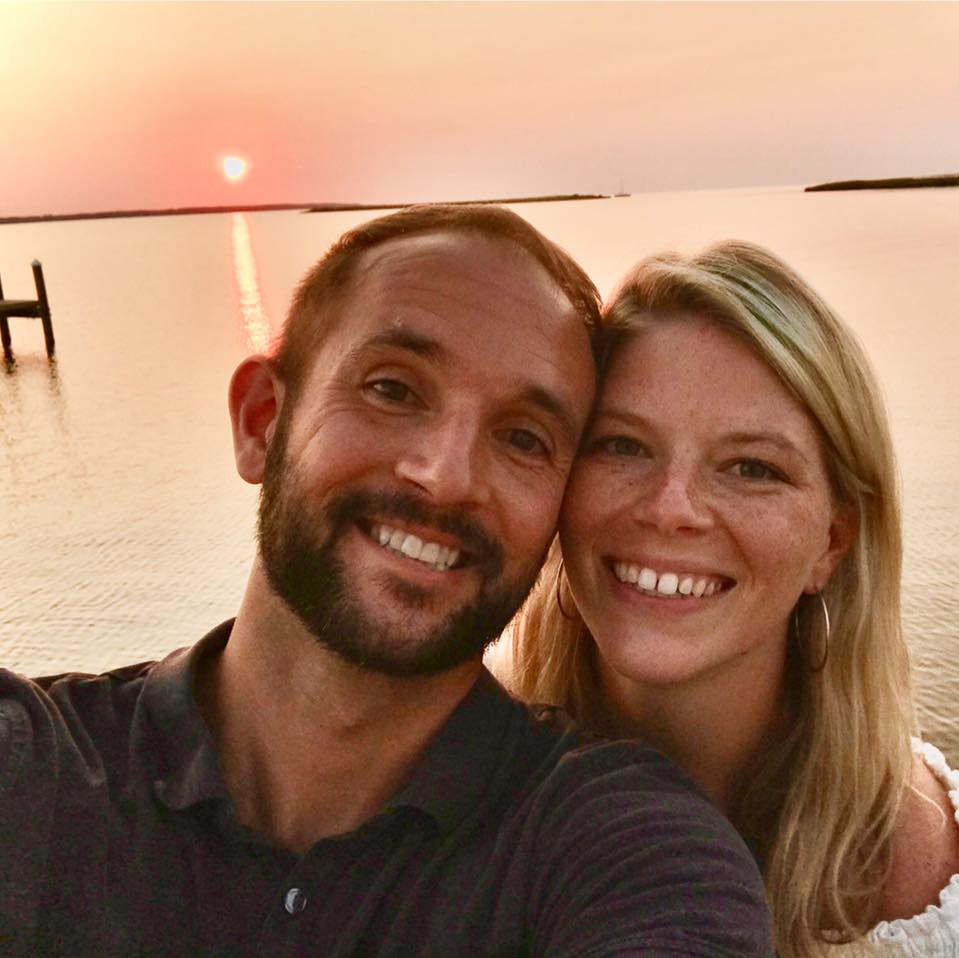Throughout this series we’ve shown how being a Christian exile changes how we view the world and our place in it. When we embrace this world as a place of exile and not our ultimate home, it changes how we act towards the worldly culture, the minority populations, the majority population, those who are transgender (or those in other forms of metaphorical exile), and even our own bodies. The concept of exile is massive! While this list is not comprehensive, we’ve covered a lot. Now we’re going to close this series by focusing on how our identity as exiles unites us with the identity of Jesus, the ultimate exile.
When Jesus came to earth, he left his home in heaven and became an exile. This world hated him, rejected him, and ultimately killed him. Jesus knows what it’s like to live in a place that is not his home.
Jesus Rescues us from Ultimate Exile
When humans were banished from the Garden of Eden into spiritual, or ultimate, exile, away from God (Gen 3:24), God knew then that the only way to unite us back to the Father was for Jesus to leave him and come chase after us on Earth. So Jesus left his home in heaven where he was King, and entered the world as a lowly servant. Here as an exile, he was rejected by both the majority and minority cultures and killed on the cross (Philippians 2:5-8).
But something happened on the cross that rescued humanity from our spiritual exile from God. Jesus took our exile for us. Because of our rejection of God, we would have remained exiled away from him. But when Jesus hung on the cross, the Father turned his face away from Jesus. Jesus bore on himself everything that separates humanity from God, including our exile.
The lengths to which God would go to rescue the people whom he loves is incredible. In a shocking display of his love, it’s as though God split himself down the middle, separating Father from Son for that moment in human history, and he did it all for us.
For unworthy sinful humans like you and me, God would die and absorb our collective exile. Jesus took on the ultimate exile of all humanity in order to bring us home to the Father. He experienced the utter homelessness that plagues us as we live apart from God.
Jesus did it to bring us home.
Jesus Lived as a Cultural Exile
Jesus lived as the first full citizen of heaven among citizens of this world, and the world hated him for it (John 15:18-19). He had no permanent home when he was here (Luke 9:58). Jesus was the ultimate cultural exile.
As an exile in this world, Jesus inaugurated an “upside-down” Kingdom. Everyone already knows the rules of our worldly kingdom. They say:
- if you want to be happy, save money and build equity;
- carefully build your reputation and status;
- maximize your life by pursuing what you’re most passionate about.
But in Jesus’ new Kingdom:
- you become rich by giving, not saving (Luke 18:22);
- you are exalted by humbling yourself (Luke 14:11);
- and you receive life when you lose yours (Matthew 10:39).
This is utterly backwards according to the world we live in. Yet these are the principles which guide the lives of citizens of Heaven.
Jesus modeled this Kingdom for us. Though he held all the power of the universe (Colossians 1:16), he did not consider this power something to be held onto for his own advantage, but emptied himself as a servant (Philippians 2:6-7). He opened the door for all of us to live as cultural exiles, just like him.
Physical Exiles
Jesus lived in a mortal body, just like ours (John 1:14). He suffered in every way possible, but overcame all the temptations to which this mortal body is prone (Hebrews 4:15). He offered up his body to death like a seed that is planted in the ground, which grows into a beautiful plant (1 Corinthians 15:43). Because of Jesus’ faithful life in his mortal body, he received the first resurrection body. This opened the door for all those who trust in him to one day receive resurrection bodies when he returns.
Jesus was not at home in his earthly body as the ultimate exile. But rather than trying to change his earthly body, he submitted it to the Father. Then his body was killed on the cross, and he rose from the dead in a new, resurrected body. Now together we can be comforted by the words of Scripture as we await the transition from our mortal bodies into bodies like Christ’s:
“Behold! I tell you a mystery…. We shall all be changed…. For this perishable body must put on the imperishable, and this mortal body must put on immortality…. then shall come to pass the saying this is written:
‘Death is swallowed up in victory. O death, which is your victory? O death, which is your sting?’”
1 Corinthians 15:51-54
Conclusion
This world is not our home. We are citizens of a place we’ve never actually been to. Love, justice, mercy, joy, and peace are the rules that govern our true home. We see glimpses of it on Earth, but only in part.
So while we are still in “Babylon,” we must live out our part of God’s Kingdom and invite others to become citizens of God’s Kingdom with us.
We invite them out of their own personal exiled states to find their home with God, and to wait with us as we await Christ’s return. We wait for Him to come down once more to make his final home with us, and to finally make this world as it should be.
Until then, we live as a community of exiles, through the Ultimate Exile (Jesus), blessing the cities we live in (Jeremiah 29:7).

Author: Jason Pelletier
Jason is a physical therapist living in Roanoke with his wife Taryn, hyper dog Piper, and needy cat Remy. They joined Redemption Church because of their heart for church planting and their passion for seeing Gods mission fulfilled in Roanoke.
